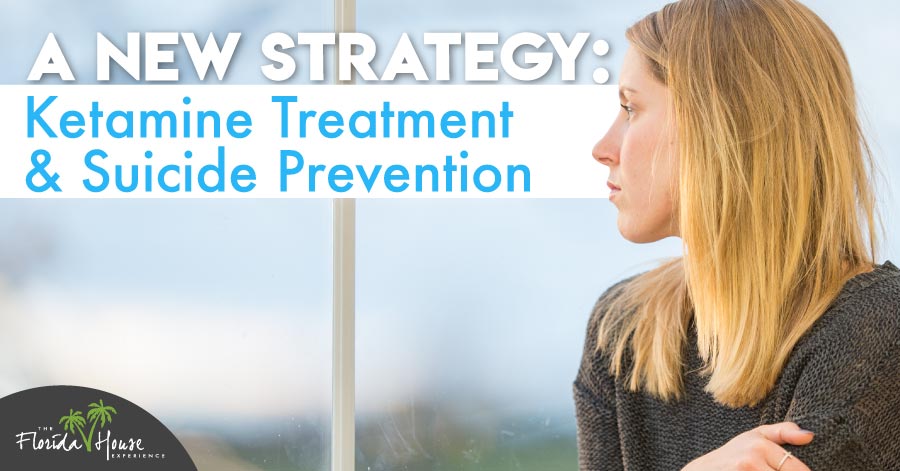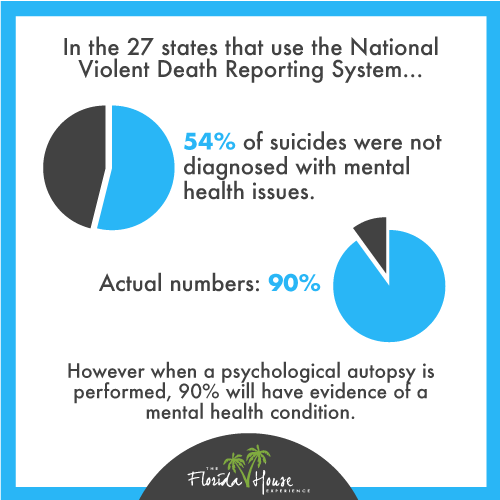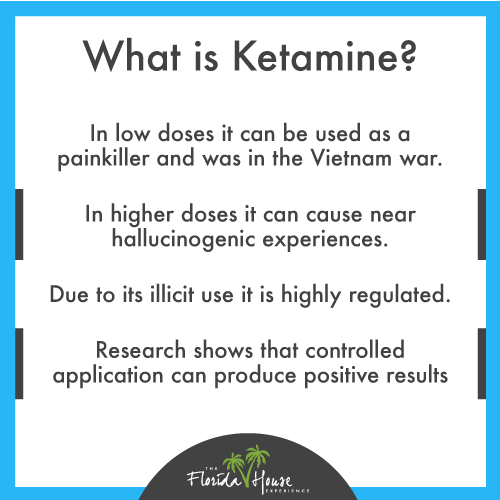
There’s no doubt that the suicide epidemic in the United States has largely mirrored the drug epidemic over recent years, to the tune of record suicide and overdose deaths occurring simultaneously. Over the years, the mental health community has tried a variety of methods to lower the suicide rate, both in the United States and worldwide. Largely, these attempts have been unsuccessful. According to the Centers for Disease Control and Prevention (CDC), suicide rates rose sharply in every U.S. state but one between 1999 and 2016. In the one state where rates fell, Nevada, the decrease was only 1 percent.
Mental health professionals have raised a number of reasons to explain the rise in depression, anxiety and suicide. Some schools of thought blame social media and technology, while others credit an increase in the stress of life in reaction to political polarity and rising poverty rates in both urban and rural communities. No matter the reasons, it’s clear that a solution needs to be found, and it will likely take a new discovery to find one.
Is Ketamine the Solution?
 In a New York Times article from November 2018, contributing opinion writer Moises Velasquez-Manoff discusses some notable suicides and a few less notable cases of attempted suicide and suggests that the mental health community might look at some new ways to treat people who suffer from depression or may be suicidal.
In a New York Times article from November 2018, contributing opinion writer Moises Velasquez-Manoff discusses some notable suicides and a few less notable cases of attempted suicide and suggests that the mental health community might look at some new ways to treat people who suffer from depression or may be suicidal.
The main suggestion is one of the methods we use in our mental health treatment programs at FHE Health: ketamine. While not a typical antidepressant, some key studies show that suicidal patients may respond better to such treatment than traditional medications.
Here, we’ll discuss what ketamine is, how it works when used to treat depressed and suicidal patients, and why the mental health community is embracing it as a new way to decrease suicide rates nationwide.
What Is Ketamine?
Ketamine has a history and reputation as a club drug. At lower doses, ketamine can be used as a painkiller, as it was when first used during the Vietnam War during the 1960s. The drug is a non-opiate sedative and makes the user feel calm and euphoric. However, at higher doses, it can cause almost hallucinogenic experiences. Ketamine has been traditionally used by teens and young adults to induce out of body experiences that enhance partying when combined with the bright lights and loud music of the club scene.
For these reasons, ketamine is a heavily regulated substance. According to the drug schedule set down by the Controlled Substances Act, it’s more addictive than traditional antidepressants and antianxiety drugs like clonazepam (Klonopin), alprazolam (Xanax) and diazepam (Valium). This may explain why it has been slow to catch on with mental health professionals, who use it less for the treatment of suicidal tendencies and mental health disorders than these alternative pharmaceuticals.
How Is It Being Used to Treat Depression?
 The abuse potential of ketamine is high because it gives users an escape. The potential to treat depression and suicidal tendencies is high for the same reason, which complicates the matter in the eyes of the treatment community. For people who use it to get high, it takes them away from reality. For people suffering from long-term, severe depression, it brings them back into a position of sustained and positive stability.
The abuse potential of ketamine is high because it gives users an escape. The potential to treat depression and suicidal tendencies is high for the same reason, which complicates the matter in the eyes of the treatment community. For people who use it to get high, it takes them away from reality. For people suffering from long-term, severe depression, it brings them back into a position of sustained and positive stability.
Ketamine works to treat depression because it’s similar to an opioid in that it produces near-instant feelings of euphoria. Compared to the antidepressants that are commonly prescribed, which take weeks or even months for their effect to be felt, ketamine can provide the jump-start needed to kick depression.
According to the New York Times op-ed mentioned above, there are some barriers to ketamine’s approval to treat depression from the FDA, but the drug is generally considered safe if taken in small, controlled doses.
Our Approach at FHE
At FHE Health, we combine ketamine treatment with traditional treatments as part of a holistic, comprehensive approach to mental health disorders like depression, anxiety and suicidal tendencies.
As the FDA continues to deliberate about the efficacy of ketamine and similar drugs in treating depression, there is promise in learning more about the substance. It’s clear that there is no one magic solution to treat severe depression, but the more weapons we have against mental health conditions, the more prepared we are to offer patients the highest standard of care.
If you or a loved one are suffering from depression or having suicidal thoughts, contact us and get the treatment you need.






